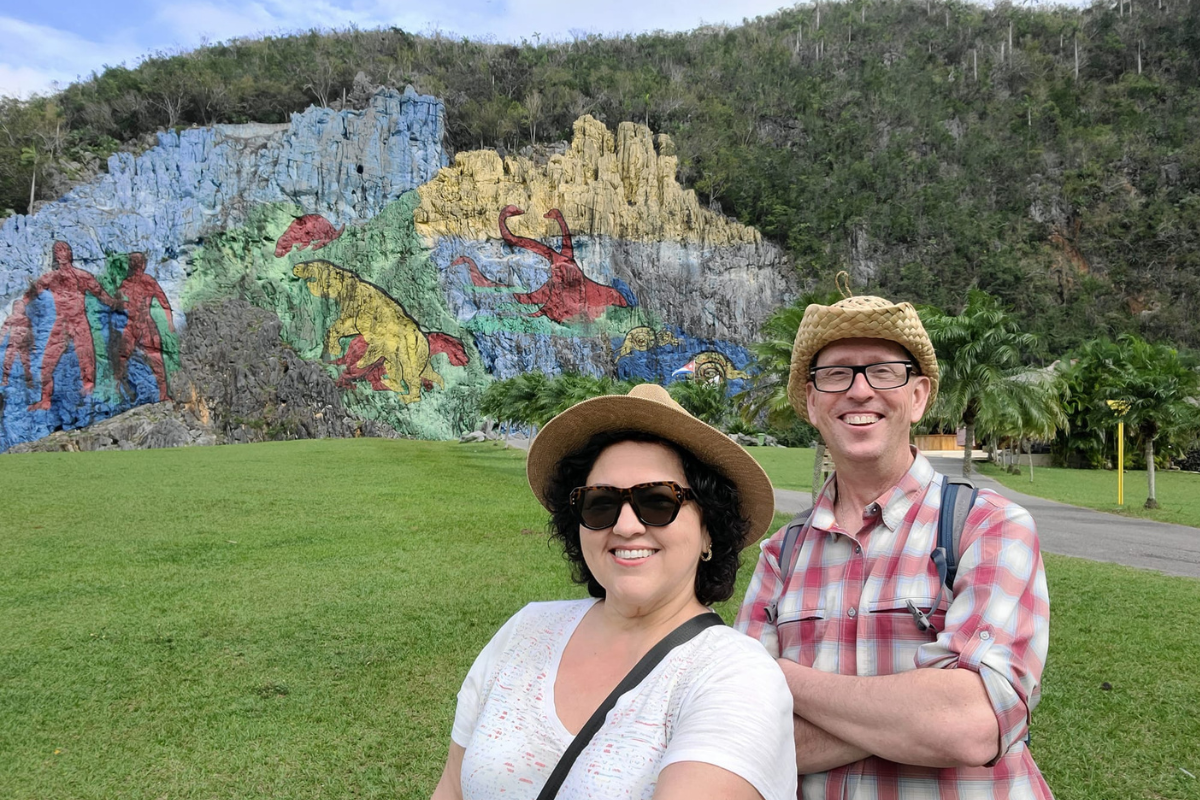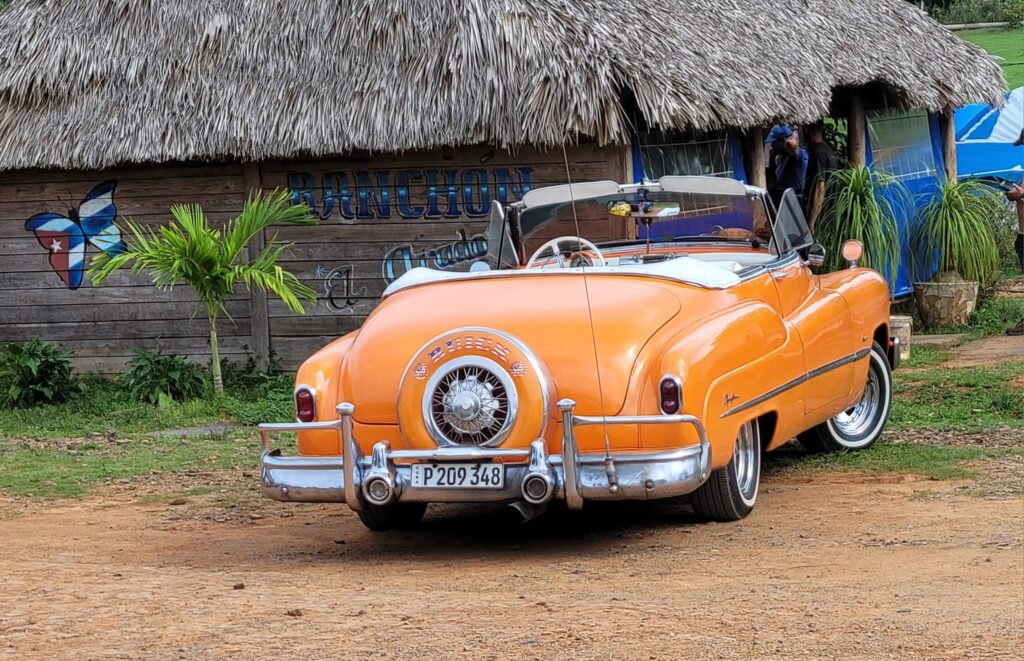Revolution and Resilience: UM-Flint students can travel to Cuba for (essentially) free

Despite being just 100 miles off of Key West, Florida, it can seem that Cuba is a world away. Since the U.S. embargo against the island country first began in 1960, the Caribbean nation has been largely isolated – politically and economically – from its neighbor to the north. But despite the embargo and restricted travel opportunities, the Cuban diaspora has made significant contributions to the culture of the U.S. and the world.
Students at the University of Michigan-Flint will have the opportunity to travel to Cuba during spring break 2025 as part of the Wyatt Exploration Program, a unique offering focused on global engagement and learning through faculty-led travel experiences. The program is named in honor of Dorothea Wyatt, who was one of UM-Flint's original 16 faculty members when the university was founded in 1956. Wyatt served as the first chair of the institution's history program and after her death in 2007, her estate established an endowment in her name, which funds the program trips.
The 2025 trip will be co-led by Thomas Henthorn, Dorothea E Wyatt Professor of United States History, and Stephanie Vidaillet Gelderloos, lecturer IV in English.

"This type of experience can really broaden our students' perspectives in a way that no lesson in class, no book could ever do," said Gelderloos, who is Cuban-American and has family in the country. "And while I think there's value in any kind of international travel, Cuba is unique in being so close yet so far away. It's an experience that most people will never have because of the restrictions. You can only go for certain reasons. Most people, even though it's so close to us, will never get this opportunity." Gelderloos and Henthorn traveled to Cuba in February to begin preparing for the trip, some of which can be seen on Gelderloos' YouTube channel Motor City Migrant.
While in past years eligibility for Wyatt trips has been limited to history majors and minors, a much broader population of students could have the opportunity to join as this excursion is open to any UM-Flint undergraduate student who meets the following criteria:
- Enrolled in a history course during the 2024-25 academic year.
- Attend at least one Wyatt Exploration event.
- Possess a U.S. passport by Dec. 1, 2024.
- History majors, history minors, and historic preservation minors are automatically eligible.
A series of on-campus events – open to both students and community members – will help orient potential student travelers to the trip and share important historical context to aid in their experiential learning. The 2024-25 kickoff will be staged during the Latinos United for Advancement Carnaval Ball, which will take place 5:30-9:30 p.m., March 7, in the Northbank Center. Other events will include a film screening and discussion with Cray Novick, director of the documentary series "Re-Evolution, the Cuban Dream"; a salsa dancing social; and a talk from Arlene Díaz, associate professor at Indiana University, who will share details from her latest book project "Espionage, Media Manipulation, and the Forging of the US Empire: A Backstage History of the Spanish-Cuban-American War."
Henthorn noted that, in addition to the widened eligibility requirements, this trip is notable because of the economic realities present in Cuba.
"The Wyatt Program has hosted trips to Europe and Asia, but all of these have been in highly developed, highly industrialized areas," he said. "While these trips absolutely introduced students to different cultures and different parts of the world, this Cuba program is going to do so in a different way than in past trips.
"We're going to spend most of our time in Havana, but we will be getting out of the city to a town called Viñales. Havana is the largest city in the Caribbean, and some of the infrastructure is lagging behind other cities of similar size. But at the same time, it has a rich history that has many facets, from the colonial era to pre- and post-revolution."
Students who are interested in taking part in this year's program are encouraged to register for the kickoff event and attend in person. For more information about the Wyatt Program, visit its webpage.
Related Posts
No related photos.
Logan McGrady
Logan McGrady is the marketing & digital communication manager for the Office of Marketing and Communication.